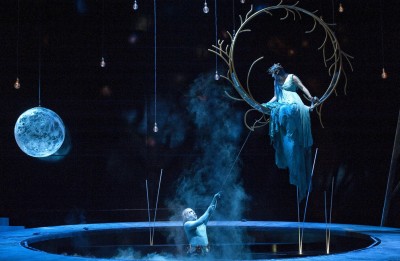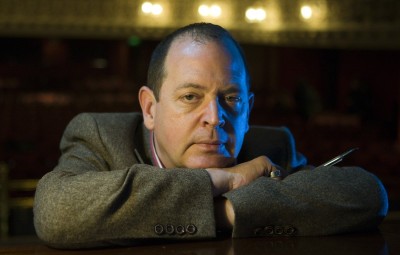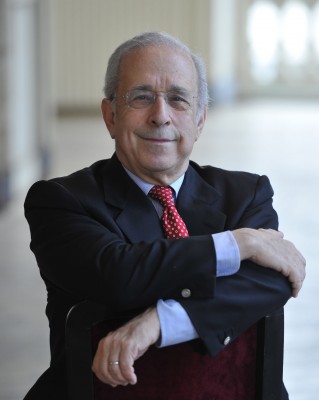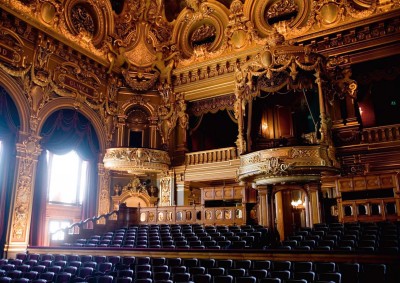Rusalka as environmentalist in Monte Carlo
By Torkil Baden on 1/26/14 • Categorized as Opera

Rusalka is the daughter of the ruler of the lake.. Photo: Staatstheater Nürnberg
Rusalka as environmentalist
The new production of the fairytale opera by Dvorak is updated into a polluted environment, but without success
. But the music moves us.
Review by Torkil Baden
MONTE CARLO: The strongest conflict in “Rusalka” is in the relationship between the title role and her surroundings, not at least her father in the waters, an impressive Alexei Tikhomirov. Barbara Haveman portrays the wather nymph Rusalka with great effort with her clear and dark coloured soprano, sometimes a little sharp. Maxim Aksenov is the object of her futile love, the prince. He has a heroic tenor, but his acting makes the story look more of a cartoon. And so does the witch of Ewa Podles, a most powerful devil, but with an oldfashioned appearance as might it have been at the world premiere in 1901. The same goes for the princess of Tatiana Pavlovskaïa, a paperdoll with a beautiful voice.
The clichés in the acting prevent the drama to move us. The most effective on the small, static stage in this beautiful theatre are the scenic colourful projections on the back screen, like when a magical Rusalka comes out of the water and towards us.
Fairytale
The fairytale from the Bohemian forests, related to the mermaid story of Danish H. C. Andersen, tells a love story between a prince and a girl of non-human origin. The impossible relationship is heading for disaster, but maybe fate gives them a hope of a fulfilled love in eternity. That kind of story also relates to a whole parade of loving women in the eighteen hundred: Giselle, Isolde, Carmen, La Traviata, Mimi, Butterfly, Swan Princess and a host of desperate girls all the way to Salome.
The fairytale can be interpreted in many ways. The water nymph wants to be human and to love. And you may ask: what is the essence of human love? She cannot speak. And you may ask: what is the essence of communication? She puts her whole life into a love relationship. Now, what does it take to fulfill a love relationship? Rusalka sings to the moon. Is she moonstruck and crazy? She lives in the forest. Can the romantic dream of the landscape of the lonely soul tell us something? Rusalka is a water nymph? Is the water the well of life? And what does modern civilization do with the waters?
Polluted
The Swiss born director Dieter Kaegi has chosen the last interpretation as the framework of his story. He is critical to modern use of natural resources and shows a Rusalka in a polluted industrial plant. Not even the proud czechian flag can rest in peace, but is torn down in the opening scene. The problem is that this framework does not find a basis in the text or the music.
The fairytale creatures are supplemented by a young couple from present day, but this contemporary effort does not work very well. Neither do some shady zombies or the puppet nymphs because too much attention is drawn to the puppeteers.
As the director’s political framework looks superficial the beautiful music has depth. Musical director Lawrence Foster evokes from his excellent band of players and singers all the lyricism and dramatic tension the composer has put into the brilliant score.
Opéra Monte Carlo
Rusalka – a lyrical Fairytale
Text: Jaroslav Kvapil. Music: Antonin Dvorak
.
World premiere Prague 1901
Gala premiere Monte Carlo January 25th 2014
This production premiered in Nürnberg May 2013
Director: Dieter Kaegi
Sets and costumes: Francis O’Connor
Musical director: Lawrence Foster
Soloists:
Rusalka: Barbara Haveman
Prince: Maxim Aksenov
Foreign princess: Tatiana Pavlovskaïa
Vodnik: Alexei Tikhomirov
The Witch: Ewa Podles



